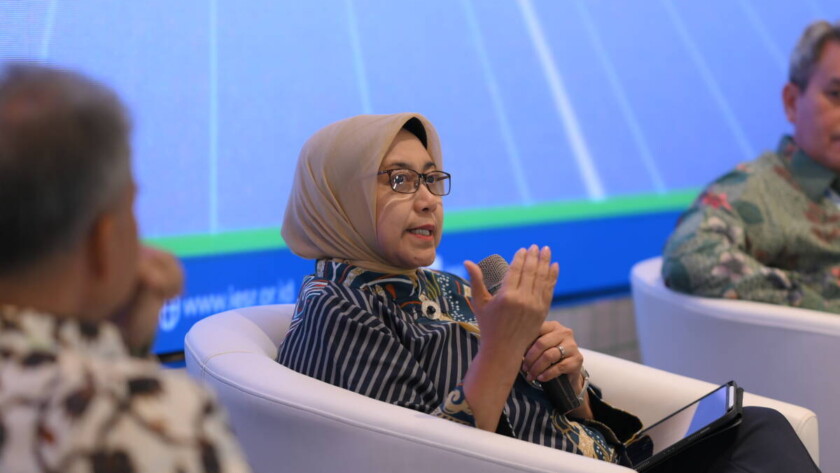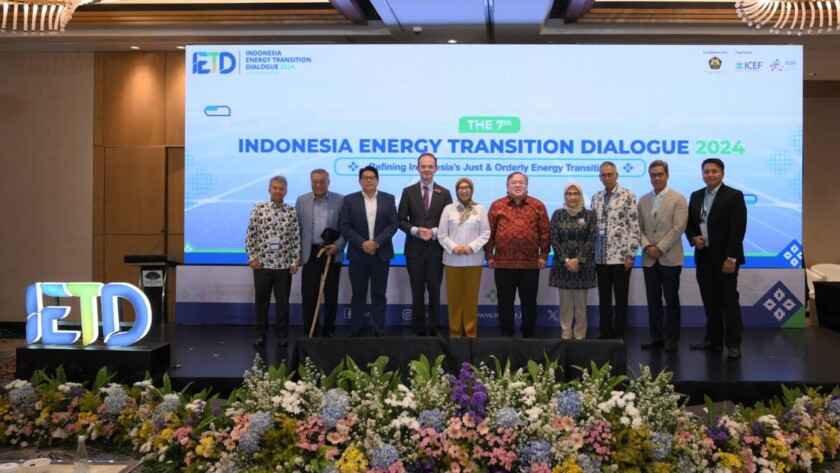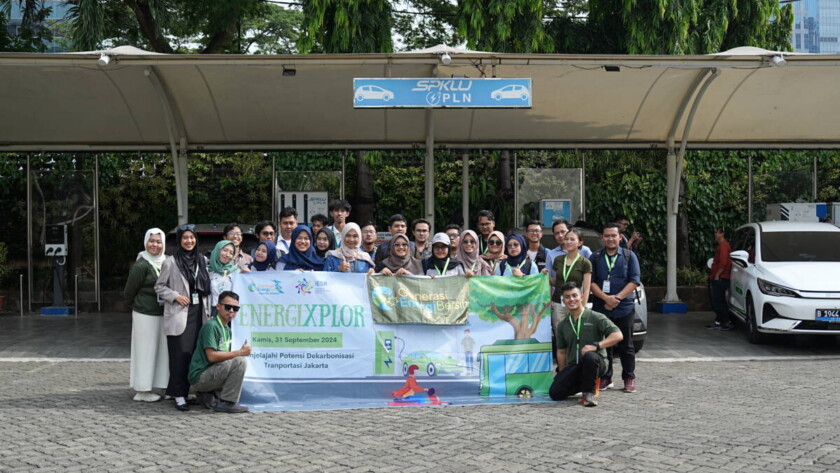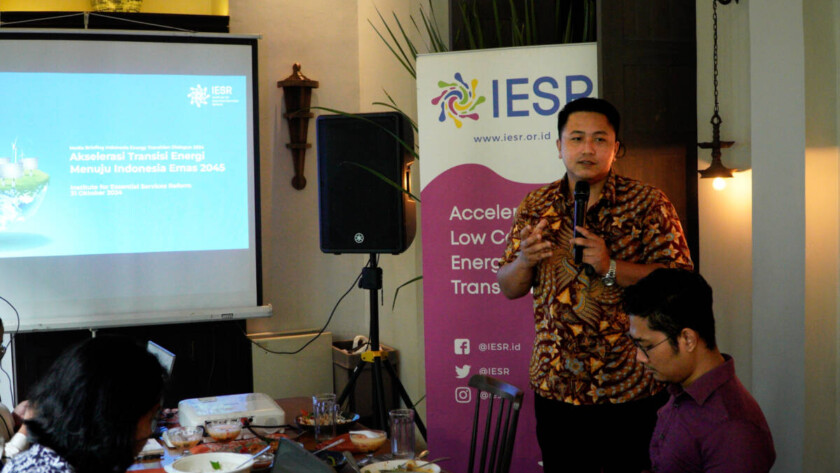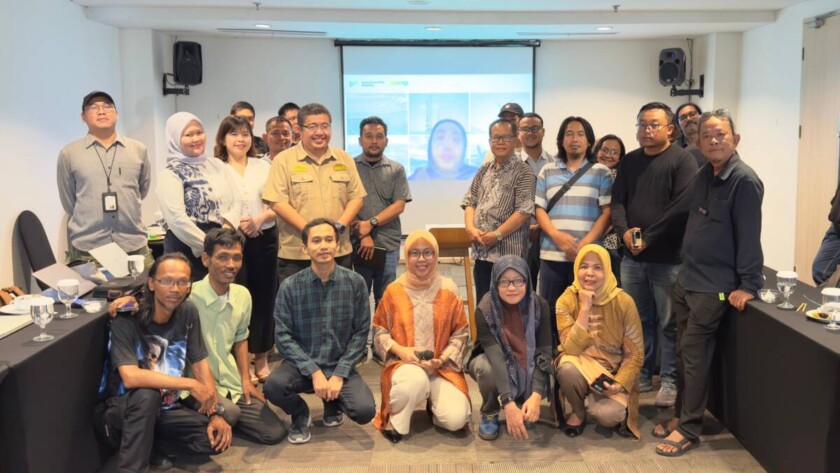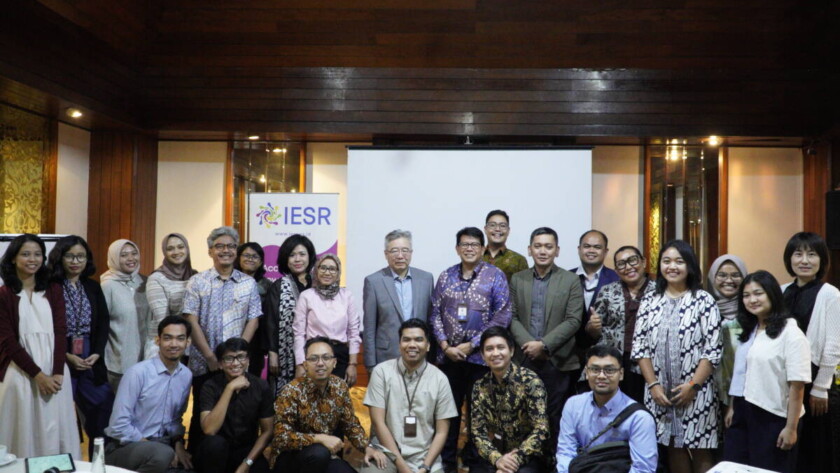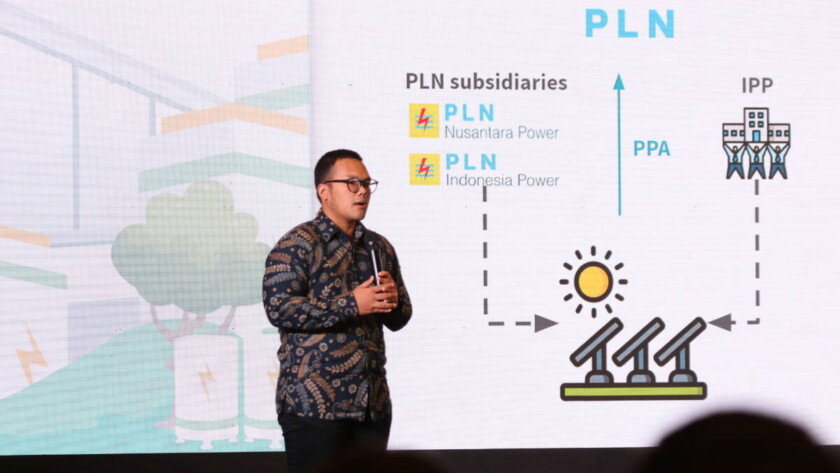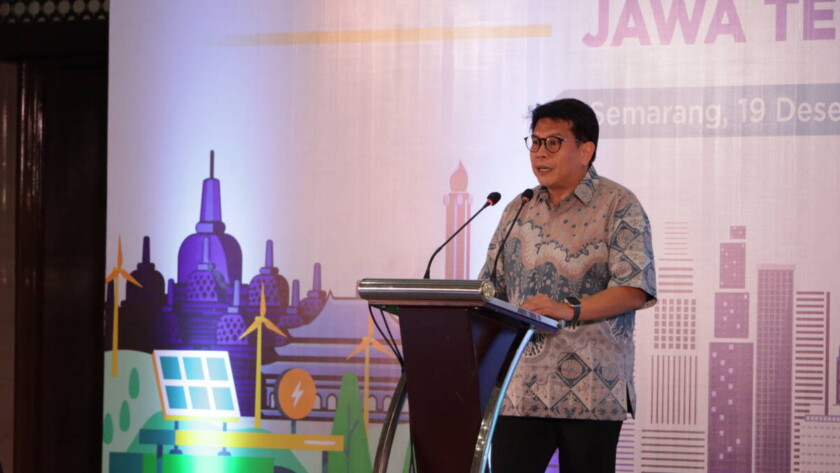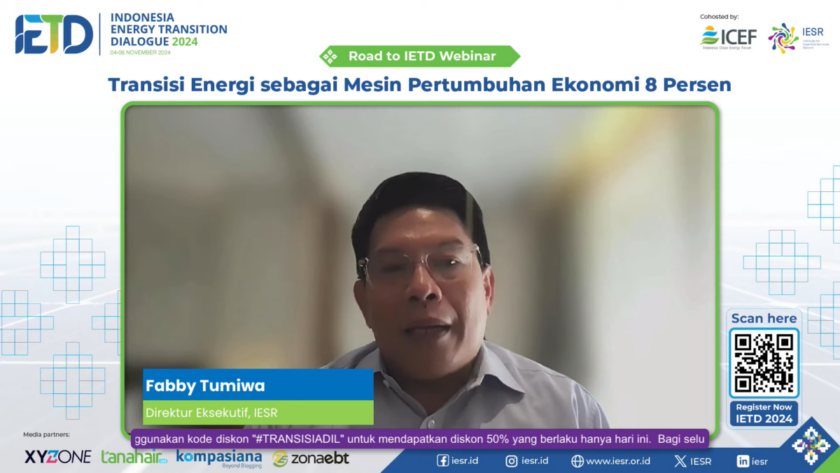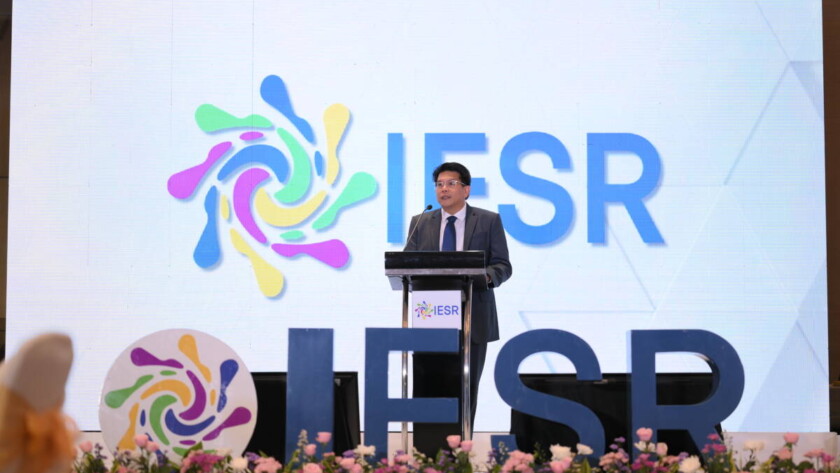Jakarta, 4 November 2024 - T he Draft Government Regulation on the National Energy Policy (RPP KEN) has entered the harmonization phase at the Ministry of Law and Human Rights and is now awaiting the president's approval. The KEN serves as a strategic document guiding efforts to achieve the Net Zero Emissions (NZE) target…
